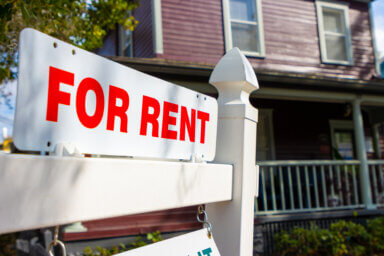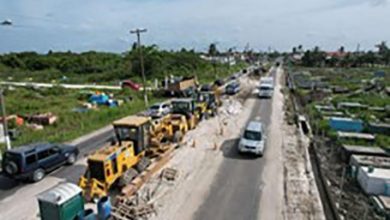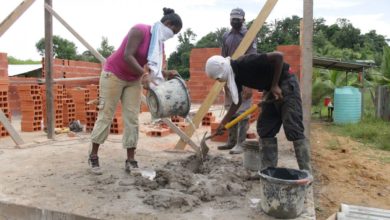Operating an apartment is becoming untenable

Forty years ago my parents immigrated to the city from the Caribbean. To make ends meet they worked several jobs but set their sights higher, determined to live the American Dream.
Across the street from where we lived in East Flatbush sat an abandoned apartment building used mostly for drug use. It was owned by the city, but my dad saw an opportunity and tried to buy it. After being rejected from a large national bank to take out a loan, he found a more willing partner in a smaller community bank that catered to Black and immigrant New Yorkers.
He poured his heart and soul into the building and the hard work paid off. The city was so impressed by the building’s rehab and the new renters that followed, he ultimately made deals with housing officials for other buildings in the neighborhood that had been left for dead. All of the units are affordable and rent-stabilized.
Today, my parents, my siblings and I own and operate a few buildings. We do as much as we can ourselves, from taking out the trash to cleaning the hallways. We thought we achieved the American Dream while also giving back to the community that gave us so much.
But the past few years have been devastating to our ability to earn a living based on our hard work in maintaining these buildings and giving people homes. The situation has become untenable.
What’s changed? The fact is that the costs of owning and operating an apartment building have skyrocketed. This is especially true for our buildings which are all nearly a century old.
Inflation, supply chain issues, major double-digit property tax increases, and regulations are all to blame. Whether it’s someone’s sink getting clogged, a boiler blowing out, or damage to a wall, we are facing bills and invoices that can be thousands of dollars more than they would have been just a few years ago.
It’s no surprise that a Community Housing Improvement Program (CHIP) survey found that 80% of property owners report expenses jumping more than 15 percent since 2019.
And unfortunately, the problem is exacerbated because we are owed over tens of thousands in back rent from long-term renters in our building. It’s unlikely we’ll ever recover that money.
Additionally, being a property owner in the city has started to require a law degree. Regulations control how much we can spend on repairs for rent-stabilized units. These laws have been updated and changed recently and are nearly impossible to navigate.
For instance, at most, we are only allowed to spend $15,000 on renovations and repairs according to state law. It’s why we have to leave several of our units vacant. When a renter spends 20 years in a unit, necessary updates to the apartment can easily run north of $60,000. Add in more recent lead abatement and energy efficiency laws and the costs go way higher.
If the new renter is only paying $1,000 a month, that would take years to recover, much less provide enough operating revenue to maintain the property. It doesn’t make any sense, but it’s what we are dealing with.
It’s why we are forced to leave some apartments vacant. Renovating and renting them out would just further put us in the red so it makes more economic sense to not have a renter at all.
None of this is meant to create sympathy for property owners. When you choose to own a business, you know there will always be risks.
But with where and how we live in the city on the line, it’s time for lawmakers to figure out a better path forward. Cutting red tape and updating how much we can spend to keep apartments in good and modern repair would be a great place to start.
Sharon Redhead runs a property management company in Brooklyn.





